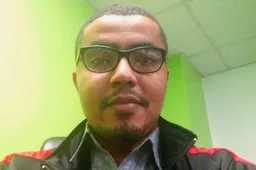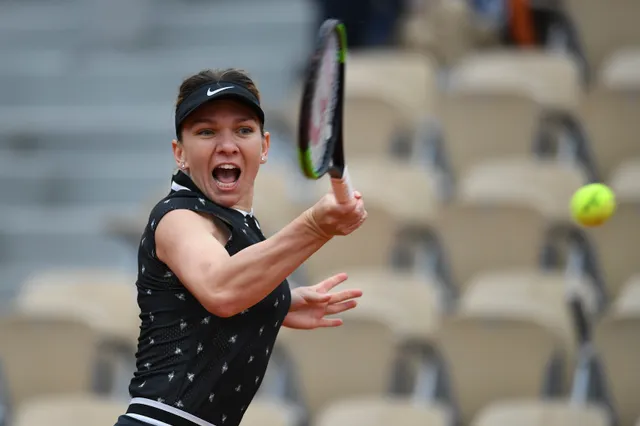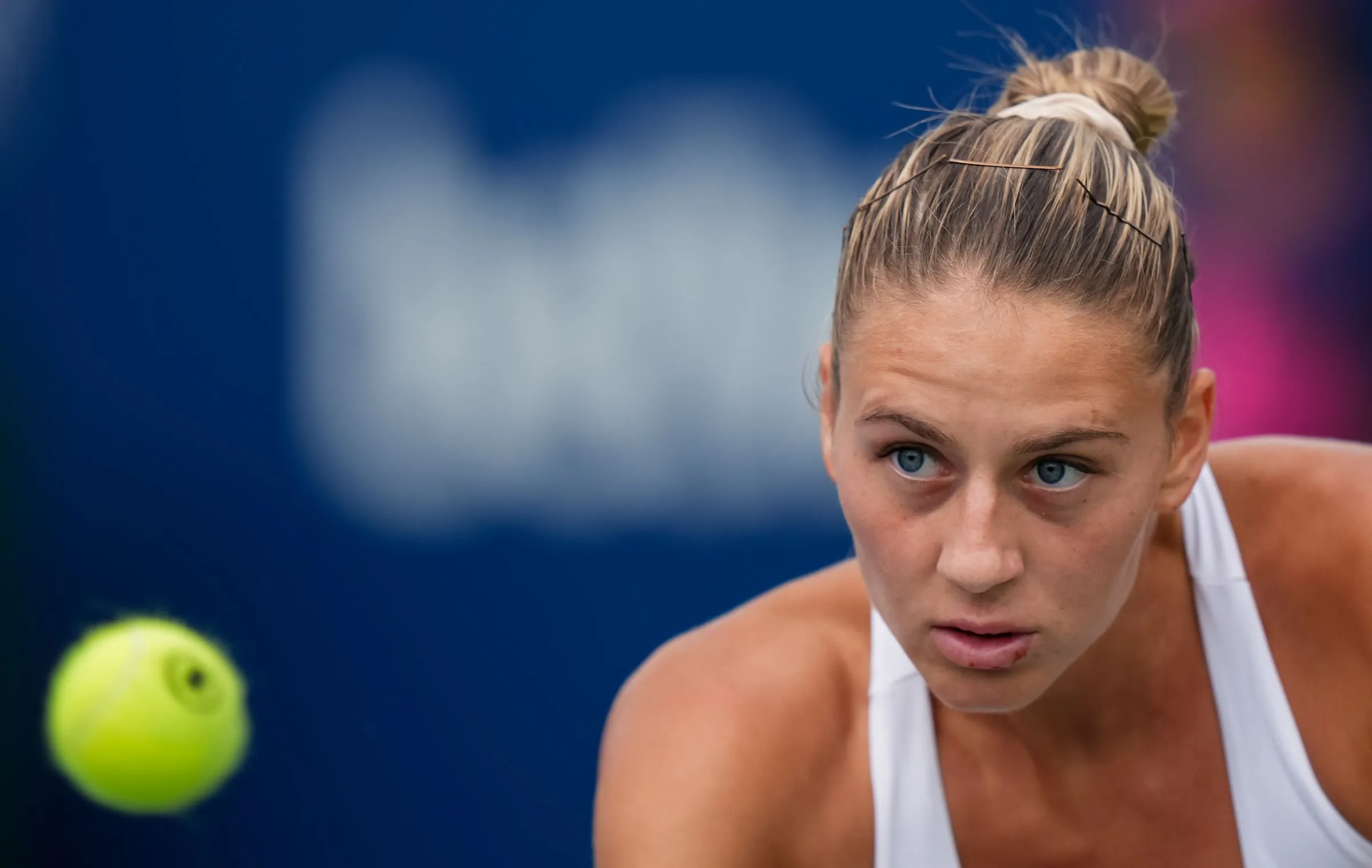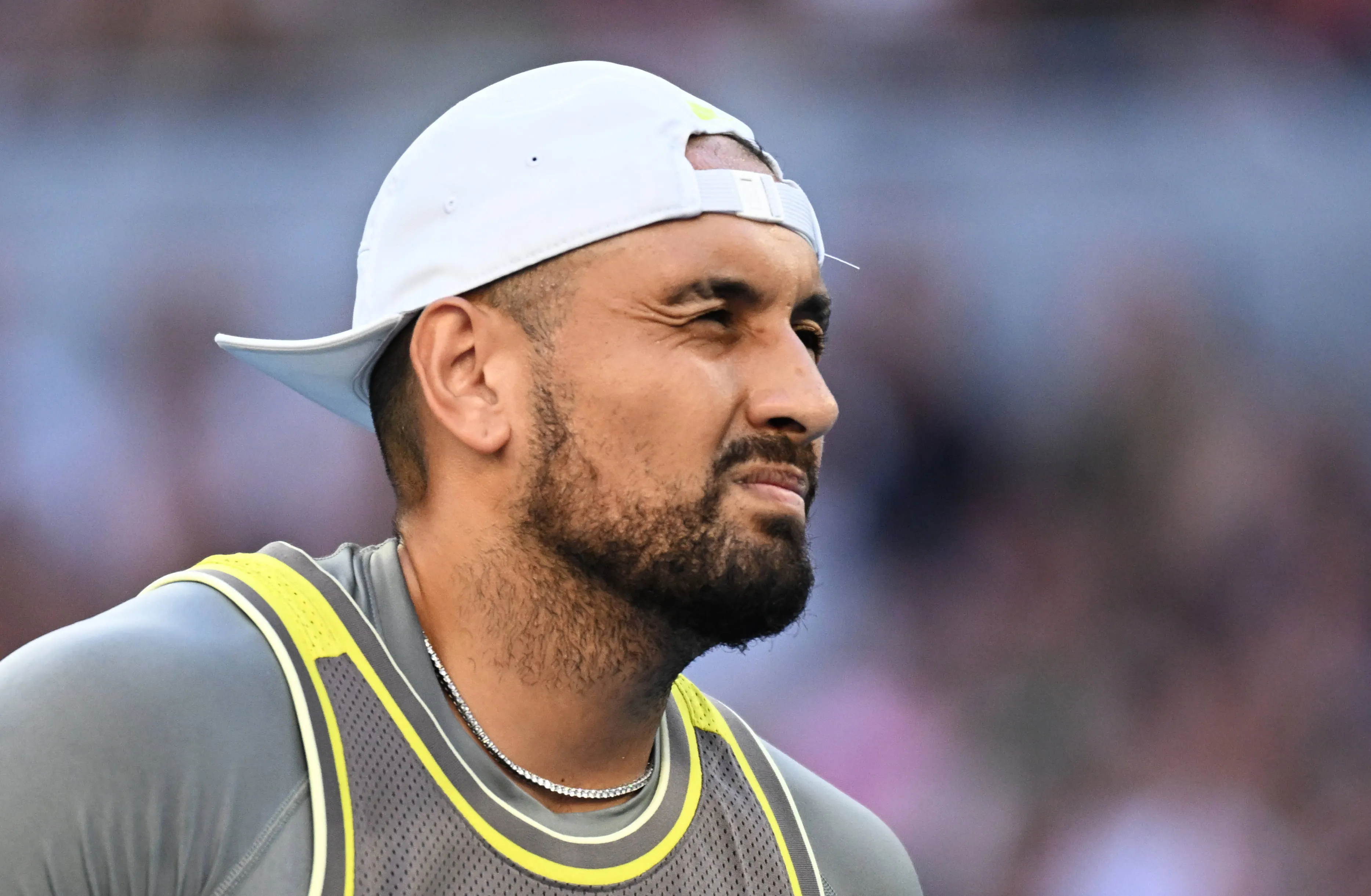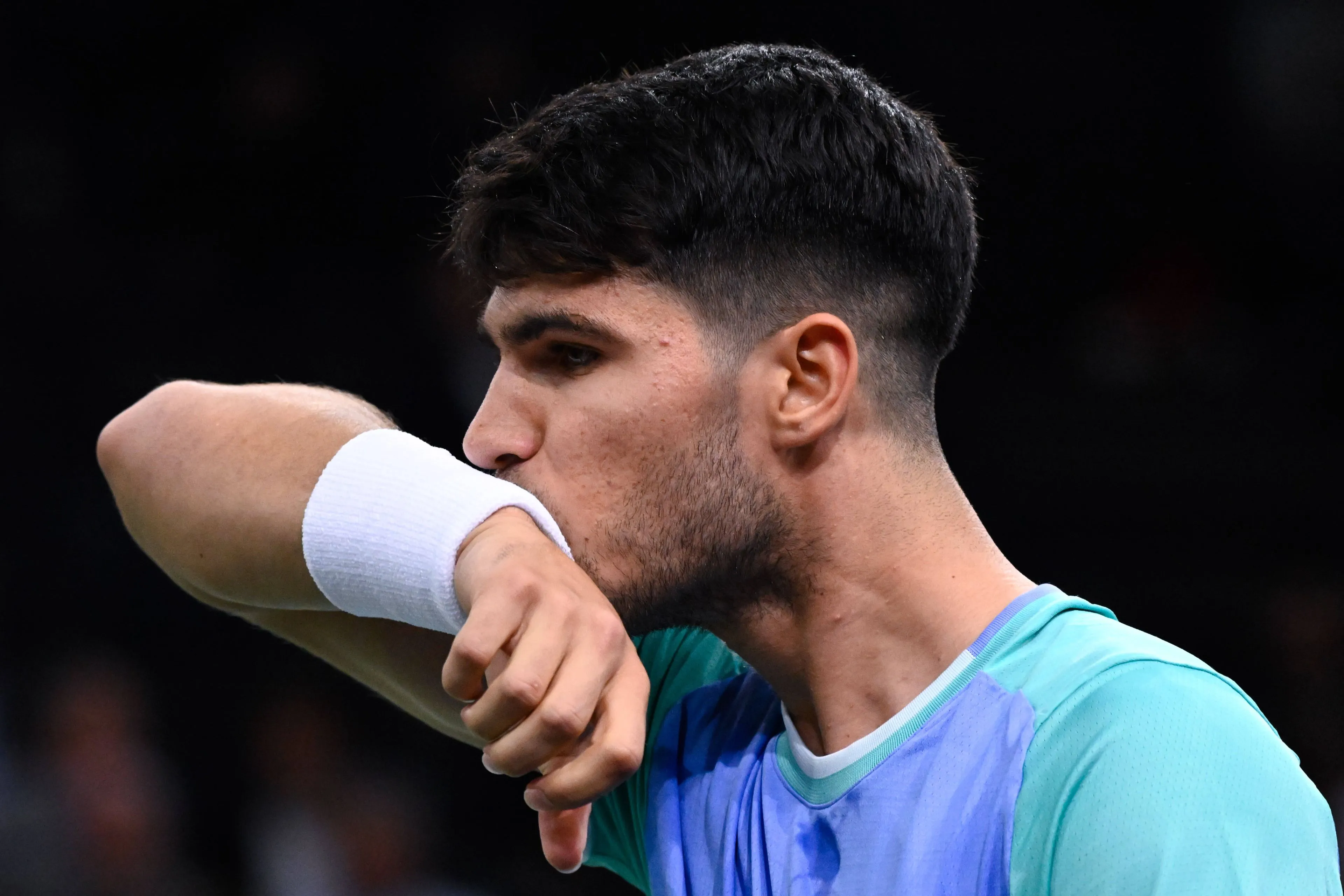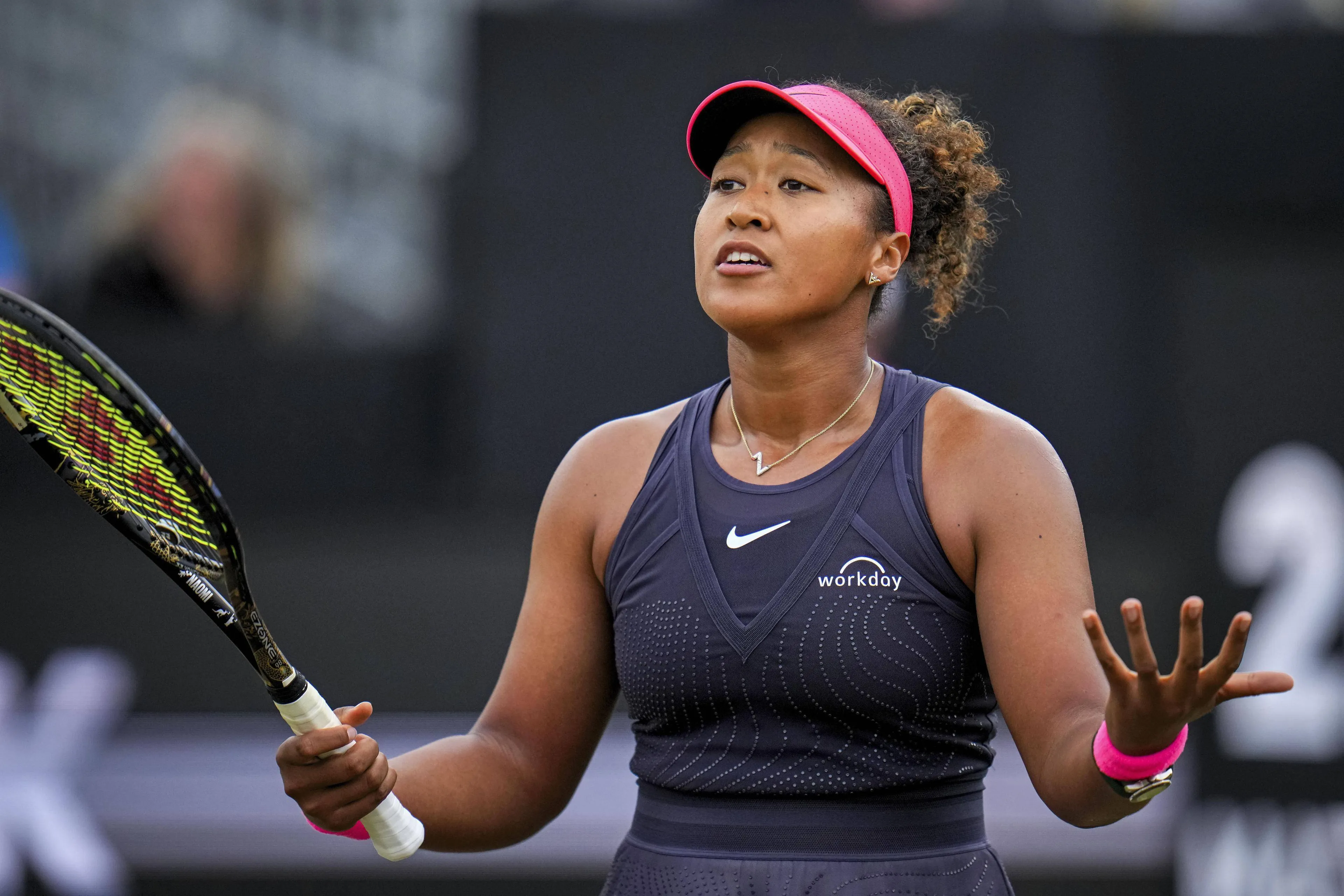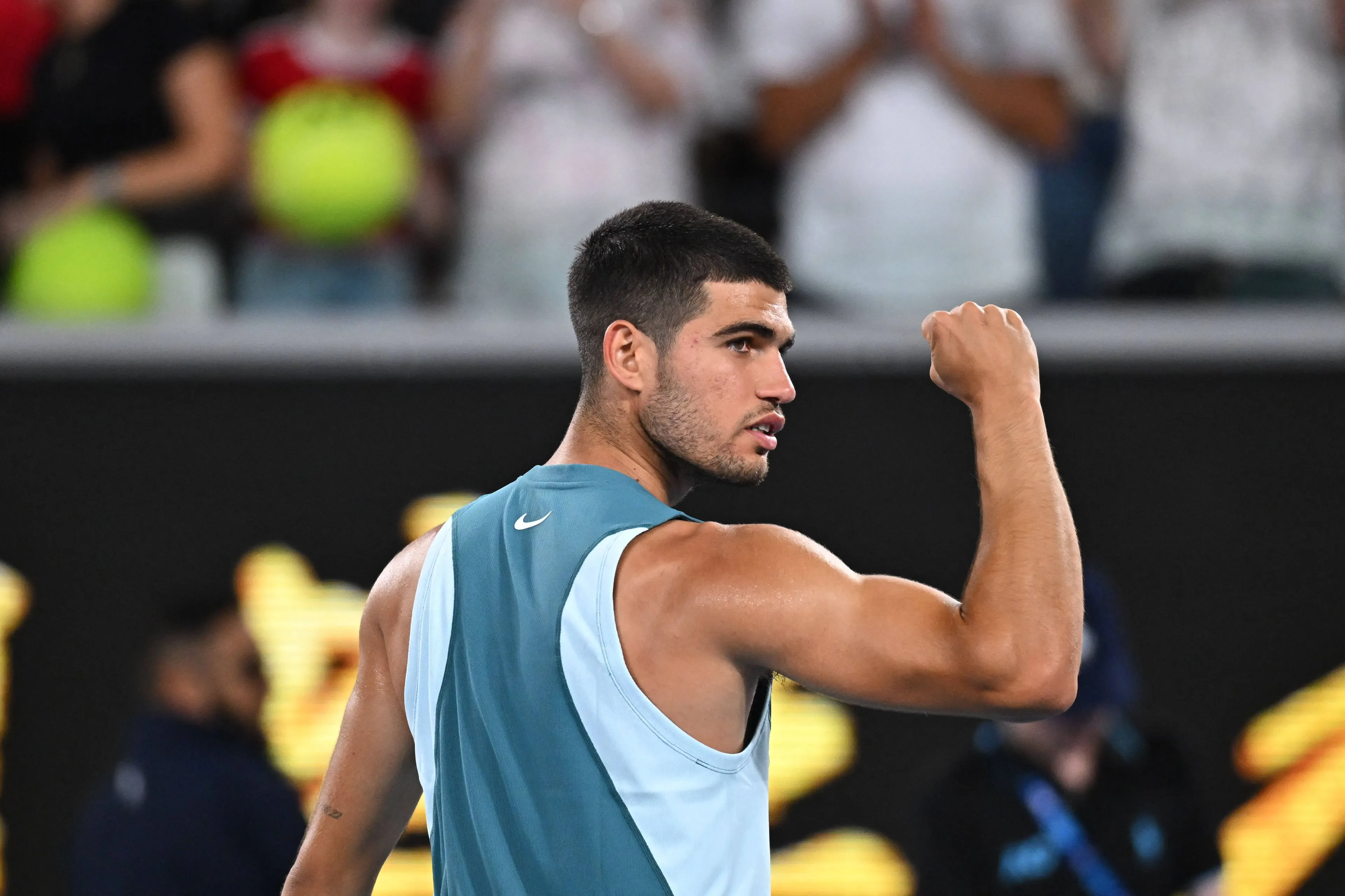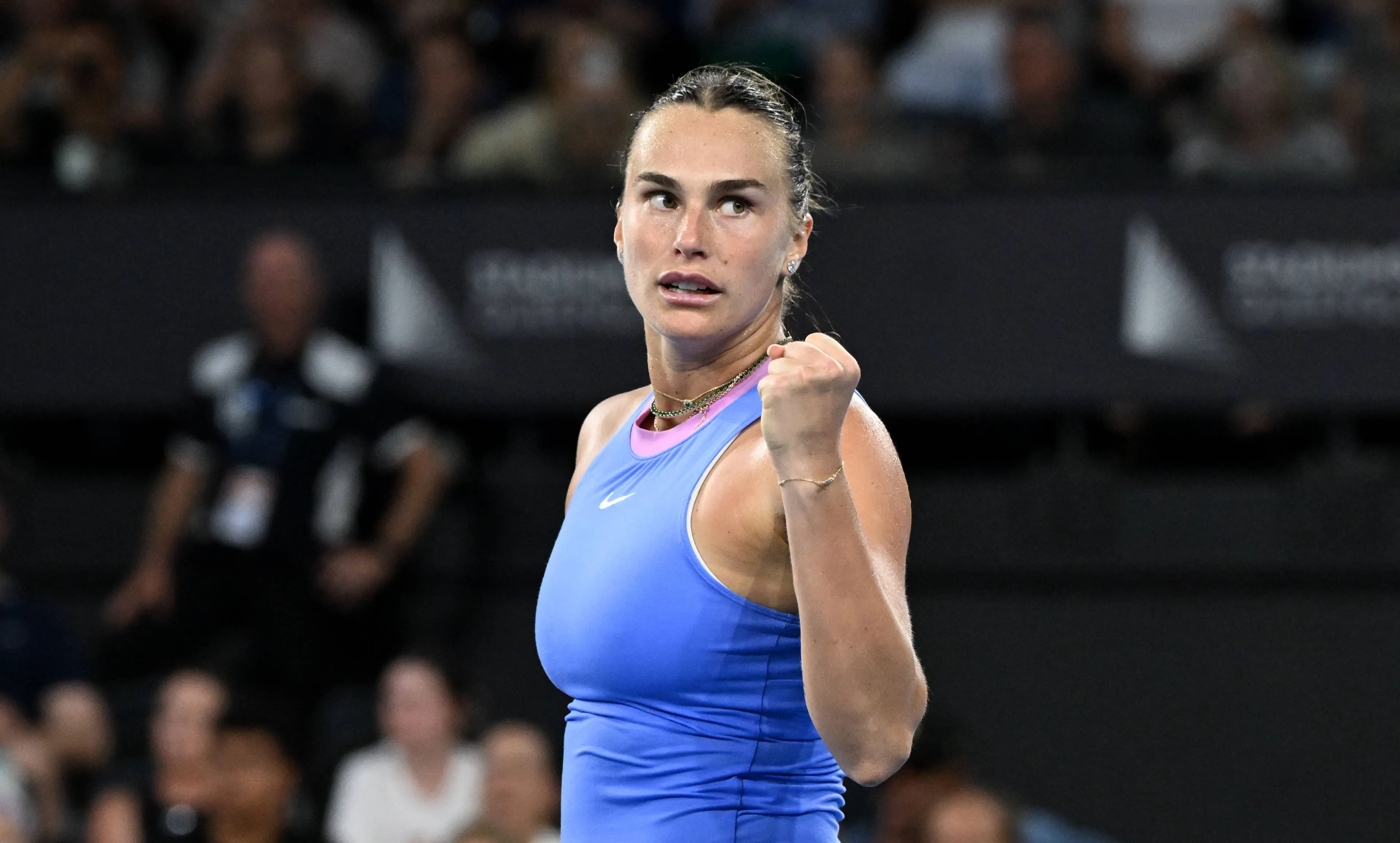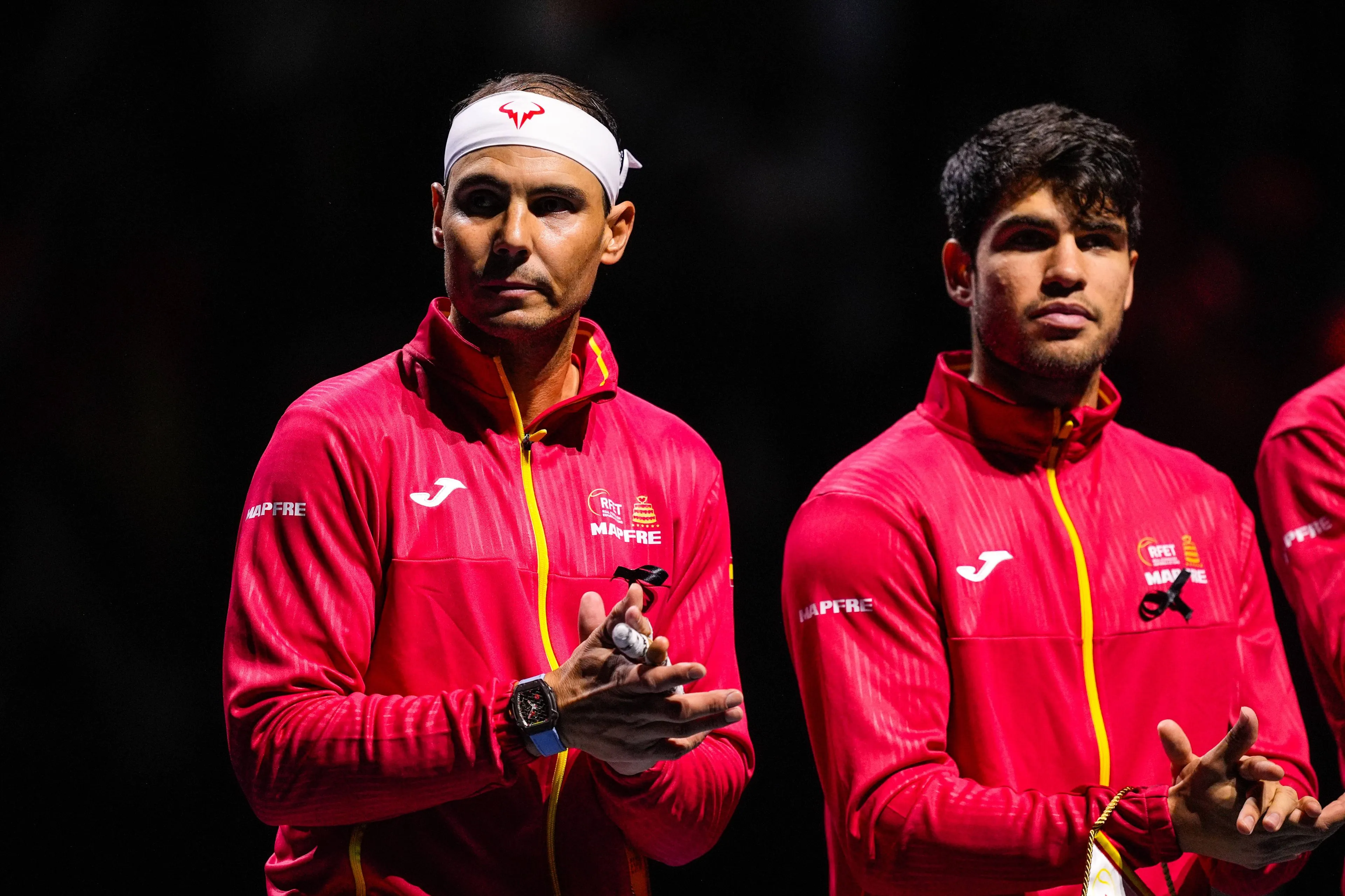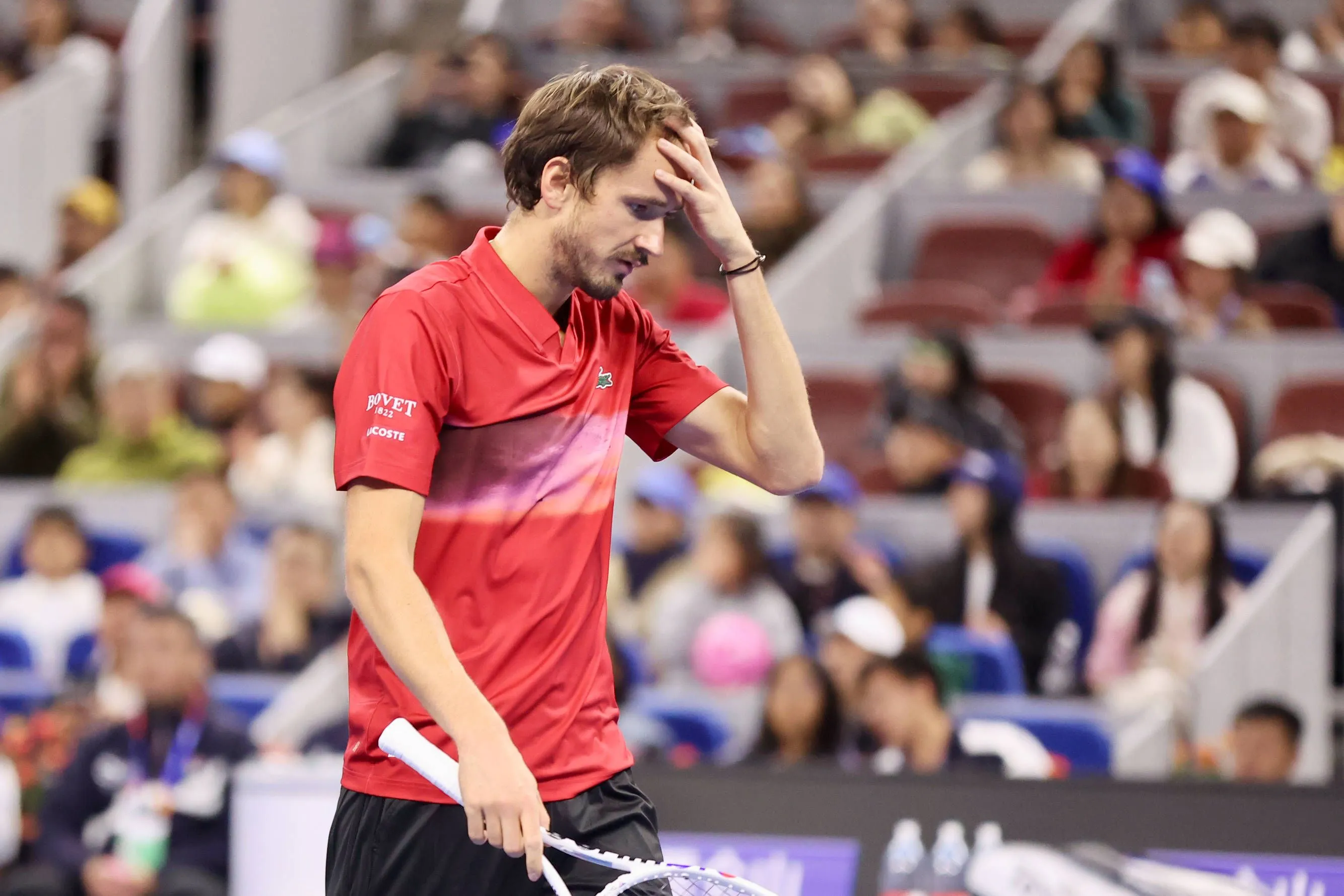ITIA 'Spent An Estimated $2 Million To Prove Her Guilty': Halep's Attorney Reveals
WTA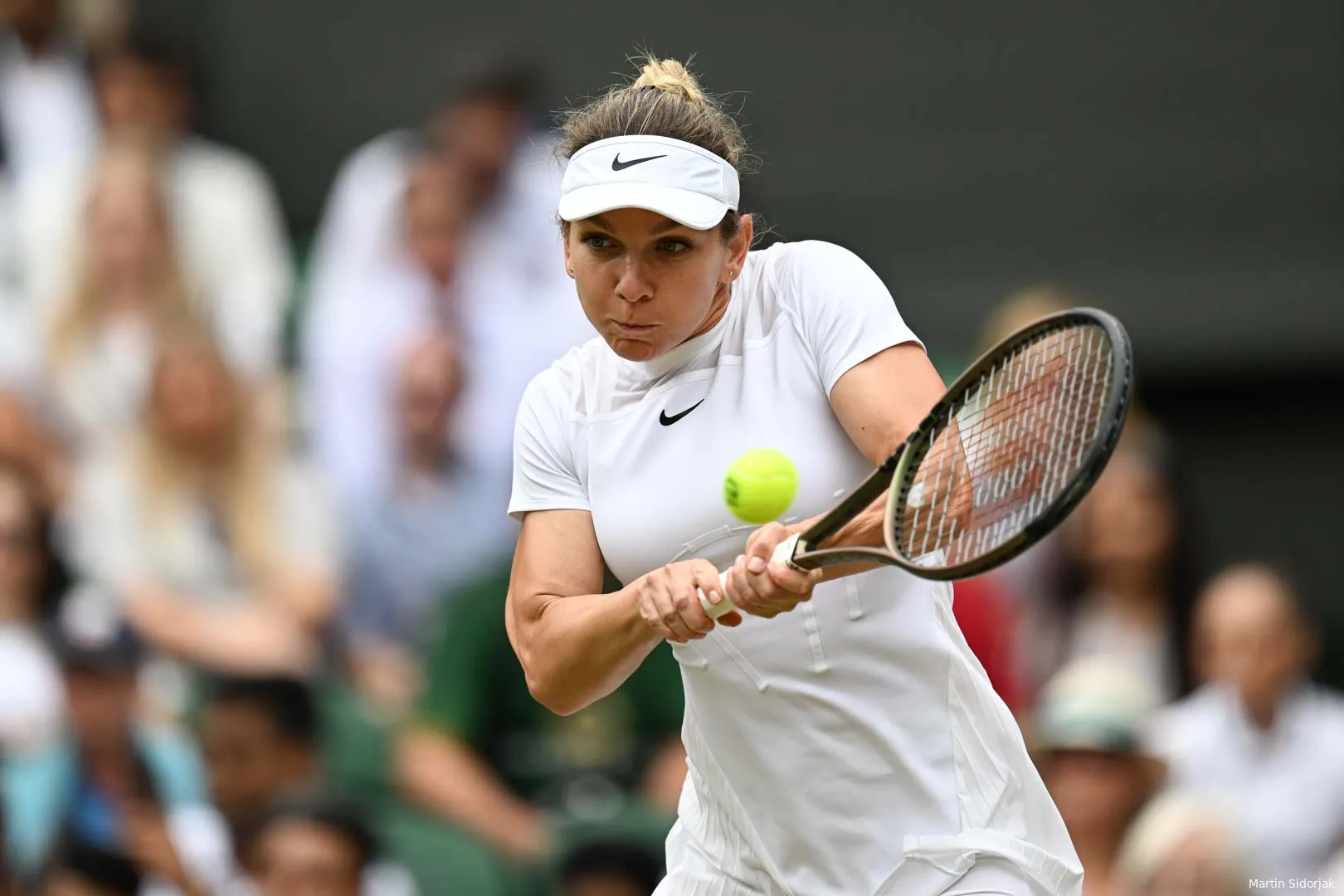
The Court of Arbitration for Sport (CAS) has given Simona Halep the all-clear to return to professional tennis, and her lawyer, Howard Jacobs, has spoken to the media for the first time.
Jacobs is a prominent attorney who specializes in anti-doping cases, salary disputes, and team selection issues. He has represented over 200 athletes, including tennis players Maria Sharapova and Simona Halep.
Former World No. 1 Halep was initially banned by the International Tennis Integrity Agency (ITIA) for up to four years for taking the prohibited blood doping agent Roxadustat, which was found in a random in-competition test at the 2022 US Open.
Before the verdict was issued, Halep was temporarily suspended for a year and fought a long battle with the tennis watchdog regarding matters pertaining to safeguarding the integrity of the sport.
The Romanian was adamant that she was innocent and vowed to fight to prove it in court. Last September, she received the disappointing news of a four-year ban and announced her decision to appeal at CAS.
Halep's hearing took place in February this year, and CAS reduced her sanction from four years to nine months, which was backdated to begin in 2022.
Therefore, Halep has fulfilled her suspension period and is free to resume her career as a wild card at next week's Miami Open.
In an exclusive interview with Sports Illustrated, Jacobs spoke to Jon Wertheim and revealed the staggering lengths the ITIA went to in prosecuting Halep.
The sports lawyer stated that the tennis body coughed up "at least" $2 million in what he called a "strange" and "super complicated" case.
"I don't think I've ever had one go as strangely as this one to have them fight that to the bitter end and then tack on this blood doping charge. The case became super, super complicated. I can't even imagine how much money they spent prosecuting it. Cannot even imagine."
"I'm going to say it's at least $2 million because they had so many experts and they had so many lawyers and everything was fought."
The tennis world rallied behind Halep, with legendary former player Chris Evert calling her innocent. Halep's former coach, Patrick Mouratolgou, took responsibility for the ordeal, as he recommended the contaminated supplement.
Following those claims, Mouratoglou was criticized by tennis fans, with some even questioning the legitimacy of his academy.
Jacobs believes if the punishment were extended to include coaches, then players would be the ones to suffer because they'd be solely responsible for their mistakes or negligence.
"The rules don't provide for any punishment for that (for coaches). Should they? I don't know. I mean, if they did, then probably no coaches would be recommending supplements to athletes."
"One of the things that they (CAS) ask is, “Did you consult with a knowledgeable expert?” So if a coach has a team of people and they've vetted the supplement, then, generally, CAS would say that's better than if an athlete just goes online and, you know, buys the first thing that they see."
Lastly, while ITIA does excellent work in ensuring that tennis remains a clean sport, Jacobs opined that some of the anti-doping rules are not fair. He explained a case whereby an athlete unknowingly consumed a banned substance but could not prove his innocence.
"It's my personal opinion that generally the anti-doping rules are not particularly fair to athletes. The test that I always use to determine if they're fair is, what if you have an athlete who did not take something on purpose and despite all their efforts, they're unable to prove what caused their positive tests?"
